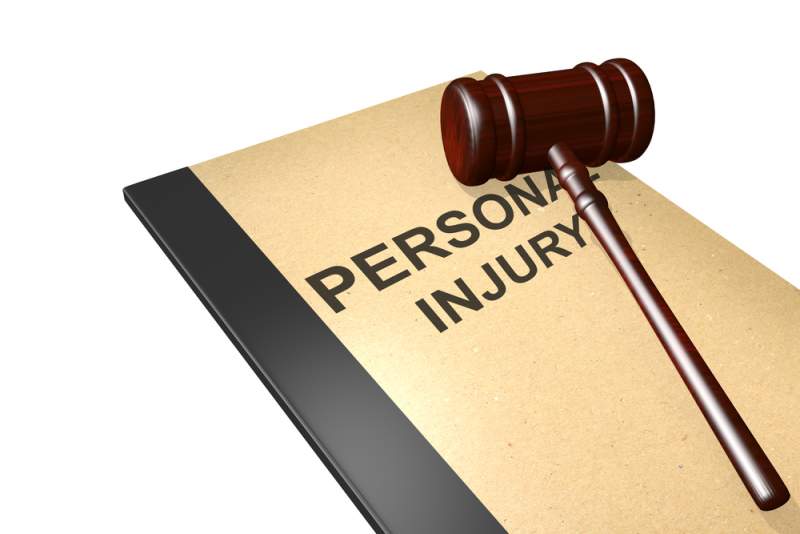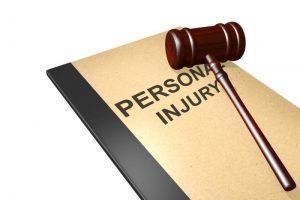Houston Car Accident Lawyers > Articles > Injuries > Accident Injury Deposition Questions
Accident Injury Deposition Questions

Accident Injury Deposition Questions
Not many people are aware that one of the most important components of a personal injury case is the deposition. Depositions are fact-finding missions that are not that different from testifying in court. A deposition is simply an interview of a witness or party to a lawsuit that is under oath. It is a process that is used to gather evidence and information prior to a trial. Depositions often happen at the discovery phase of civil cases. All the information gathered can be used at a trial.
Why Depositions Are Important
A deposition allows both sides to the case to gain access to information either side possess related to the case. The defense and the prosecution have the right to know in advance what all the witnesses will say at trial so that they can prepare adequately for the case. That is why the deposition happens just after the lawsuit has been filed and the initial papers are exchanged between the defense sided and the prosecution side.
It is also the reason why any person that has been chosen to give a deposition has to be sworn in. Giving a deposition does not mean that you will not be called to testify in court. Apart from the primary defendant, other defense witnesses will be deposed during the deposition. Your lawyer’s main goals when deposing the defense witnesses include:
- To get an idea of what arguments the defense side will use
- To determine the believability and trustworthiness of the witness
- To get the witness to share facts about the case so that they cannot change their story during trial
- To understand the defense’s version of the case
Who Is Present During A Deposition?
 The defendant and the plaintiff will be present in the deposition together with their lawyers. There will also be a court reporter or a stenographer present. The court reporter’s or stenographers’ main role in the deposition is to administer oath and record the questions and answers. This is to ensure that there is a written account of the deposition that parties involved in the case can access.
The defendant and the plaintiff will be present in the deposition together with their lawyers. There will also be a court reporter or a stenographer present. The court reporter’s or stenographers’ main role in the deposition is to administer oath and record the questions and answers. This is to ensure that there is a written account of the deposition that parties involved in the case can access.
The plaintiff will have to answer questions from the defendant’s attorneys and be examined by medical experts hired by the defendant’s side. The questions will be about the injuries and about the events surrounding the accident. The plaintiff’s attorney will guide the plaintiff through the deposition process to ensure that the defense does not succeed in retrieving information that hurts the plaintiff side. Your attorney will coach you on how to answer the questions concisely and believably.
What To Do During A Deposition For Personal Injury Case
Some of the things to do during a deposition include:
- Do not exaggerate or misstate facts: Any statement you make during a deposition can be used against you in court. So do not overstate your symptoms or the facts surrounding your accident.
- Prepare for your deposition: Preparing for your deposition will allow you to communicate facts of your case concisely and clearly. Review all the facts about your accident, injuries and damages before you go for your deposition.
- Be professional and polite: Dress in clean business casual and don’t be combative when the defense lawyer asks you personal or uncomfortable questions.
- Keep your answers short and simple: Avoid giving long detailed answers and instead give the simplest honest answer.
